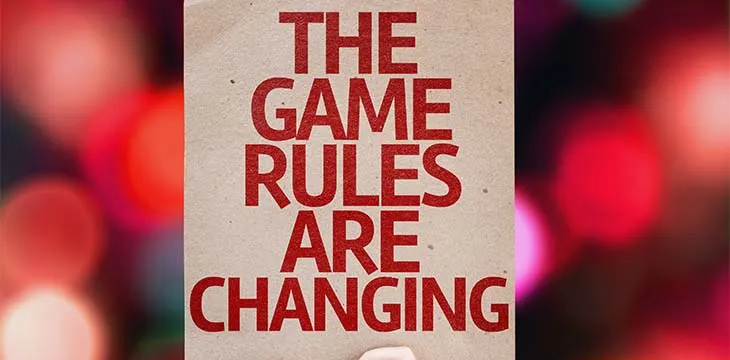|
Getting your Trinity Audio player ready...
|
In a government briefing on Wednesday, South Korea’s Ministry of Science and ICT (MSIT) disclosed that it will issue fresh regulations for the metaverse instead of applying old laws. The ministry said the new rules would promote and trigger widespread adoption of the metaverse.
There are widespread concerns that South Korea would apply gaming laws to the metaverse and even treat the entire concept as a video game. However, Park Yoon-kyu, director general of ICT Policy under the MSIT, hinted toward a distinction among government administrators despite the striking similarities.
“We will not make the mistake of regulating a new service with an existing law,” said Park. He added that applying outdated laws to a new industry like the metaverse will stifle its long-term growth and innovation.
In South Korea, video games are banned from using cash rewards to incentivize players—a law put in place to prevent gambling. Rewards like non-fungible tokens (NFTs) are often given as rewards to distributed ledger-based games, and transplanting these laws to the metaverse would effectively ban gaming on virtual worlds.
Metaverse projects in South Korea have already instituted a reward system for participants, with some allowing for liquidation while others permit users to spend their loot online. Ifland, a virtual world launched by SK Telecom, has implemented a point reward system for users to liquidate their in-game earnings.
Digital assets and metaverse enthusiasts should brace for more announcements from the newly inaugurated committee in charge of the digital industry in the coming days.
South Korea’s metaverse push
South Korea’s new president, Yoon Suk-yeol, never hid his interest in digital assets, making them a cornerstone of his campaign. His presidency has seen a significant push in the country’s attempts to be the focus of the metaverse globally, with several policies being rolled out.
Since January, the country has invested nearly $300 million of its funds to create its metaverse ecosystem. Incentives were offered to entice companies to migrate a portion of their operations to the metaverse as it looks to cement its place as the industry leader.
The country’s foray into the metaverse is predicated on several grounds. First is the expectation of training up to 40,000 metaverse professionals in the country and stimulate its digital economy’s growth.
“It is important to create a world-class expanded virtual world ecosystem as a starting point for intensively fostering the expanded virtual world,” said Park.
Watch: Metaverse, NFTs, Web3: How do you gauge utility?

 07-05-2025
07-05-2025 





